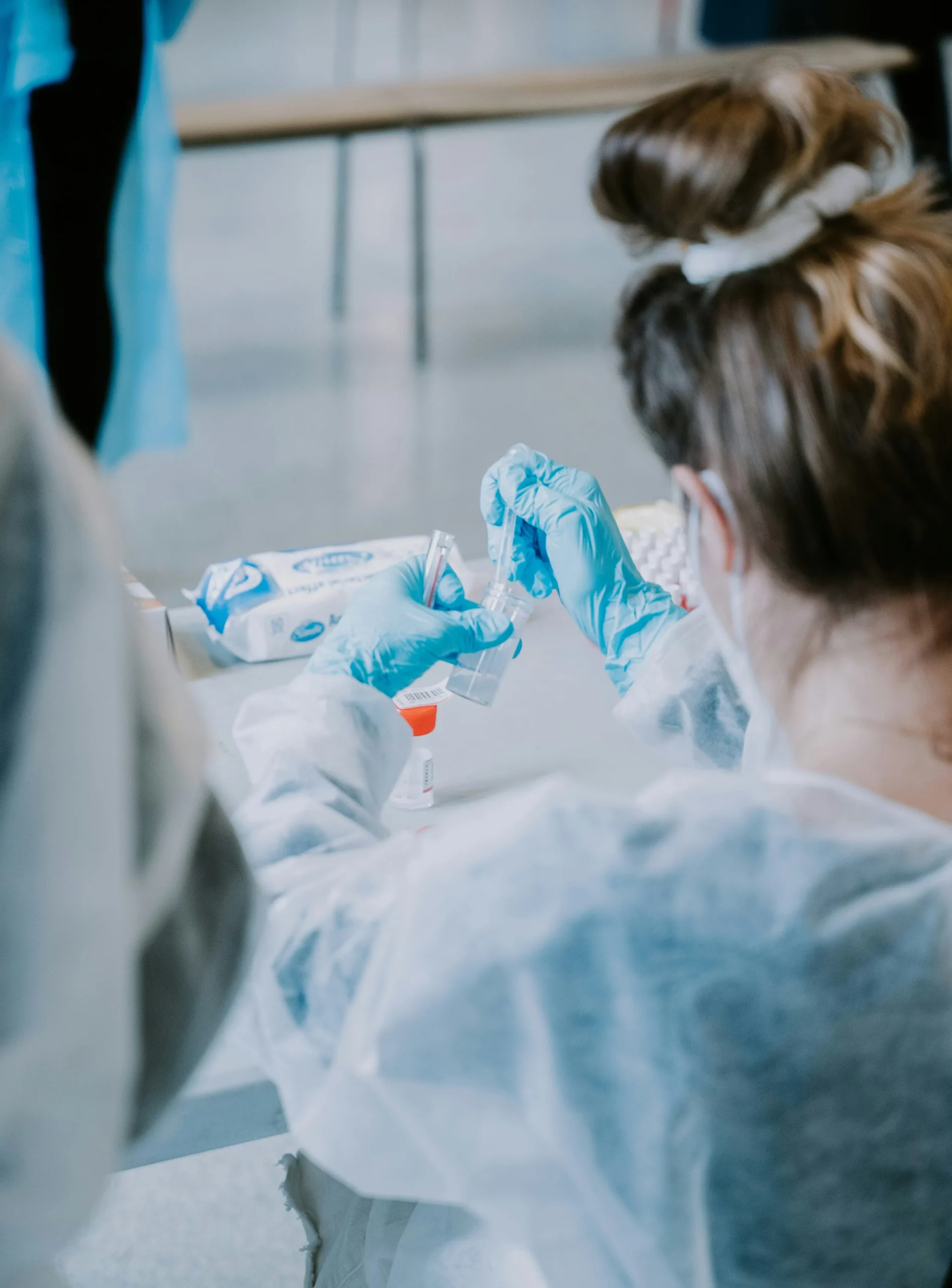MassAffinity: Making the untreatable, treatable
What drives us
We believe unlocking new treatments requires a new approach — one that embraces complexity, leverages biology in its native state, and redefines what’s possible at the earliest stages of discovery.
Our Vision
To use systems biology and pioneering technology to unlock new pathways to treat the untreatable, helping millions living with diseases that currently have no cure.
Achieving this requires a shift from reductionist thinking to a systems-level view of biology — one that works with complexity rather than against it. By designing technology and tools that operate in real biological environments, we uncover what conventional methods miss and enable more targeted, effective treatments for a wider range of diseases.

Our Mission
To advance drug discovery for areas of unmet medical need by overcoming the core limitations of traditional methods.
We do this through our proprietary CARMS platform, which identifies binding drugs for targets directly in native biological systems — removing early-stage barriers such as low hit rates, undruggable targets and the complexity of protein purification and assay development to deliver the shortest path to discovery.
The problems we are solving
In traditional drug discovery, purification and assay development can take months — we bypass them entirely.
Over 5,000 diseases still lack effective treatment and ~2,000 targets are considered undruggable
Traditional drug discovery is built on a reductionist model — simplifying biology to study one protein, one target, one interaction at a time. But biology isn’t simple. Most diseases are complex and multifactorial, and many promising targets can’t be studied using these conventional approaches.
To identify hits, teams often spend months purifying proteins and developing custom assays — only to end up with data that doesn’t reflect how biology behaves in real systems.
The process is slow, resource-intensive and too often leads nowhere. The tools we have relied on for decades are no longer enough.
To unlock the next generation of treatments, we need to think differently about how discovery is done.
Our approach to discovery
At MassAffinity, we believe drug discovery must evolve to match the complexity of human biology.
That is why our approach is grounded in systems thinking, real-world relevance, and a commitment to uncovering what traditional methods miss.

Our focus on women‘s health
A new lens on women's health
Women’s health is one of the most underfunded and under-researched areas in drug discovery — despite affecting millions of women worldwide.
At MassAffinity, we see this as both a scientific challenge and an opportunity to make a difference. We aim to bring clarity to conditions that have long gone misunderstood — and to close the gap in women’s health research and innovation.
We are applying our CARMS platform to help uncover new treatments for conditions including endometriosis, PCOS, and other complex, underserved diseases.
Who we are
We are a team of scientists, innovators, and systems thinkers redefining what is possible in early-stage drug discovery.
Founded by leaders in mass spectrometry, chemical biology, and drug development, MassAffinity brings together deep scientific expertise with a commitment to real-world impact.
Our advisory group includes researchers and clinicians who have spent decades working at the intersection of complex disease and breakthrough science.
“The future of drug discovery depends on understanding biology as it truly exists — complex, dynamic and interconnected.”
Tamara Mills, CEO
Meet The Team
Seasoned leader in pharmaceutical innovation, bringing deep experience in turning cutting-edge science into real-world treatments. With a strong track record from development to FDA approval, she helps drive value across our platform and accelerate impact for our partners and assets.
Inventor of MassAffinity’s platform technology and a specialist in applying mass spectrometry to early-stage drug discovery. As Scientific Cofounder, Dr. Gu focuses on developing innovative approaches to identify drug–target interactions in complex biological systems.
Proteomics expert with over a decade of experience in analytical biochemistry, systems biology, and lab automation, with a track record of scaling venture-backed R&D. Dr Winter brings a commitment to translating technology into high-impact applications and drives the continual evolution of high-throughput workflows.
Advisors
An ARC Future Fellow at UNSW Sydney with a prolific research record, having authored over 120 published papers. As a scientific advisor, Professor Donald brings deep expertise in mass spectrometry and bioanalytical methodologies, focused on applications in drug discovery.
Senior Research Fellow and a recognised expert in endometriosis research, Dr McKinnon specialises in the cell biology, genetics, and translational research of endometriosis. He has made groundbreaking contributions to the understanding of its biology, pain mechanisms and treatment response.
Dedicated member of the Endometriosis Patient Advocacy Advisory Board and CEO of QEndo, Jessica Taylor is a passionate advocate for individuals affected by endometriosis. She serves as an advisor on endometriosis-related policy and strategy at both state and federal levels.